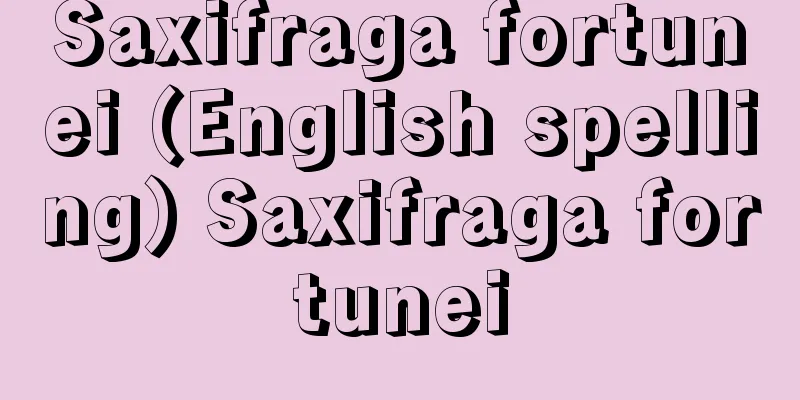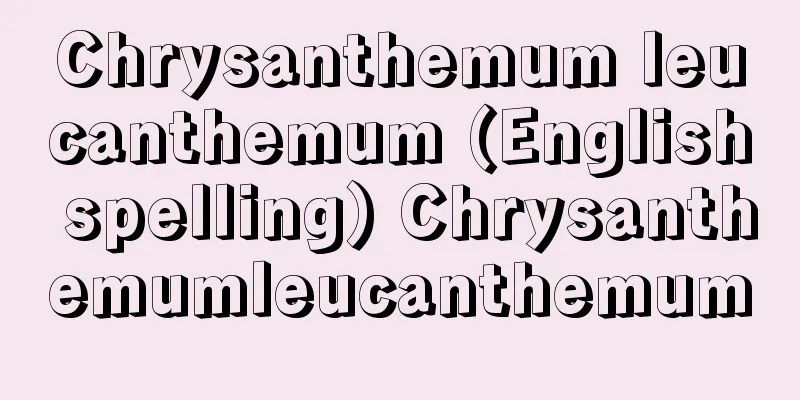Takeda Kounsai

|
Year of death: 4th February 1865 (1st March 1865) Year of birth: Bunka 1 (1804) Leader of the Sonn-joi faction in the Mito domain at the end of the Edo period. His given name was Masao, his pen name was Hakudo, and he was commonly known as Hikokuro, Iga, and Shuri. He was called Kounsai. He was the eldest son of Atobe Masatsugu, and left his family home to succeed the head of the Atobe family. As a descendant of the Takeda clan of Kai, he changed his surname to Takeda. He received a stipend of 300 koku. He inherited the family headship in 1817, and in 1829, he worked hard to support Tokugawa Nariaki as lord of the Mito domain, and in 1840, he became a councilor, and in 1844, when Nariaki retired and was placed under house arrest, he petitioned the shogunate to lift his punishment, and was placed under house arrest the following year. When Nariaki returned to domain administration, the punishment was lifted in 1849, and he became regent in 1856. In 1862, he was dismissed from his position as regent due to the untimely entrance of Nariaki to Edo Castle and the subsequent chaos within the domain. In 1863, he opposed the Shogunate's order to return the secret imperial decree of 1865 and came into conflict with the Shoheito Party and reformist faction within the domain, who were calling for the return of the land. He was reinstated in 1860 after the Sakuradamon Gate Incident, but was dismissed the following year following the attack on the British Embassy at Tozenji Temple, only to be reinstated the following year. During his tenure, he made efforts to pacify the extremist Sonno Joi faction. In February 1863, at the request of Tokugawa Yoshinobu, he accompanied Yoshinobu to Kyoto, went east in April, and returned to Japan by order of the shogunate in May 1864, retired, and placed under house arrest. In July, he went south in opposition to the Shoheito's seizure of power, and returned to Mito to join the army of Matsudaira Yorinori, the domain's deputy lord who had been ordered to pacify the domain, where he fought against Ichikawa Sanzaemon and others who refused to allow the deputy to enter Mito Castle. After that, he cooperated with Sakakibara Shinzaemon, a subordinate of the deputy lord, but in October of the same year, Shinzaemon surrendered to the shogunate forces, and he joined the Hayama forces (Tengu Party) and became their commander-in-chief. He attempted to lead his forces to Kyoto to appeal to Yoshinobu, who was in Kyoto, but surrendered to the Kanazawa domain on the way, and was beheaded by order of the shogunate. (Masahiko Yoshida) Source: Asahi Japanese Historical Biography: Asahi Shimbun Publications Inc. About Asahi Japanese Historical Biography |
|
没年:慶応1.2.4(1865.3.1) 生年:文化1(1804) 幕末の水戸藩尊攘派の首領。諱は正生,字は伯道,通称,彦九郎,伊賀,修理。耕雲斎と号す。跡部正続の長子,生家を出て跡部宗家を継ぐ。甲斐武田氏の末として姓を武田姓に変更。禄300石。文化14(1817)年家督を相続,文政12(1829)年,徳川斉昭水戸藩主擁立に奔走,天保11(1840)年に参政,弘化1(1844)年,斉昭の隠居謹慎に際し処罰解除を幕閣に嘆願,翌2年隠居謹慎。斉昭の藩政復帰により嘉永2(1849)年に処分解除,安政3(1856)年に執政。5年,斉昭の江戸城不時登城事件,藩内混乱のために執政を罷免。6年,戊午の密勅返納の幕命に反対し返納を主張する藩内諸生党や改革派鎮派と対立。桜田門外の変後の万延1(1860)年に復職,翌年の東禅寺英国公使館襲撃事件で罷免,翌年に復職,在職の間,尊攘派激派の鎮撫に努力。文久3(1863)年2月,徳川慶喜の要請により慶喜に同行して上京,4月に東下,元治1(1864)年5月の幕命により帰国,隠居,謹慎,7月,諸生党の実権掌握に反対し南上,藩内鎮撫の命を帯びた藩主目代の松平頼徳の軍を慕って水戸に戻り,目代の水戸入城を拒否した市川三左衛門らと交戦した。以後,目代の配下の榊原新左衛門と連携したが,同年10月,新左衛門が幕軍に投降したため,波山勢(天狗党)に合流し総大将となる。在京中の慶喜を頼って衷情を訴えるため,同勢を率い上京しようとしたが,途中で金沢藩に降伏,幕命により斬首。 (吉田昌彦) 出典 朝日日本歴史人物事典:(株)朝日新聞出版朝日日本歴史人物事典について 情報 |
Recommend
Protostar - Genshisei (English spelling)
In molecular clouds (dark nebulae), matter contra...
Phacophorus leucomystax (English spelling) Phacophorusleucomystax
… [Takahiro Matsui]. … *Some of the terminology t...
Village words - Village words
A special vocabulary and idiom used by prostitutes...
Gossec, François-Joseph
[Born] January 17, 1734 Berny [Died] February 16, ...
Iwan (English spelling)
In Islamic architecture, this refers to an open-fr...
Four heavens
[1] [Noun] ① The four seasons of the sky. Spring i...
Passing tone
... There are various ways to classify non-harmon...
Korean Civil Service Department
…He was called Han Changli by the governor, but a...
Bambusa vulgaris (English spelling)
…[Ueda Koichiro]. … *Some of the terminology that...
Signature
As the literal meaning of "to write" or...
Vermiculated puffer (English: Vermiculated puffer)
Also known as the sparrow pufferfish (Fukuoka, Kum...
Bottom-fermented beer - Kamen Hakko Beer
…It is the most widely consumed alcoholic beverag...
Nellore
( Z )-3,7-dimethyl-2,6-octadien-1-ol . C10H18O ( ...
Dough measure - Kijimasu
…Therefore, after the Meiji period, a 1 sho measu...
Protective measures - Kangosochi
A means of preserving the custody of a juvenile fo...









